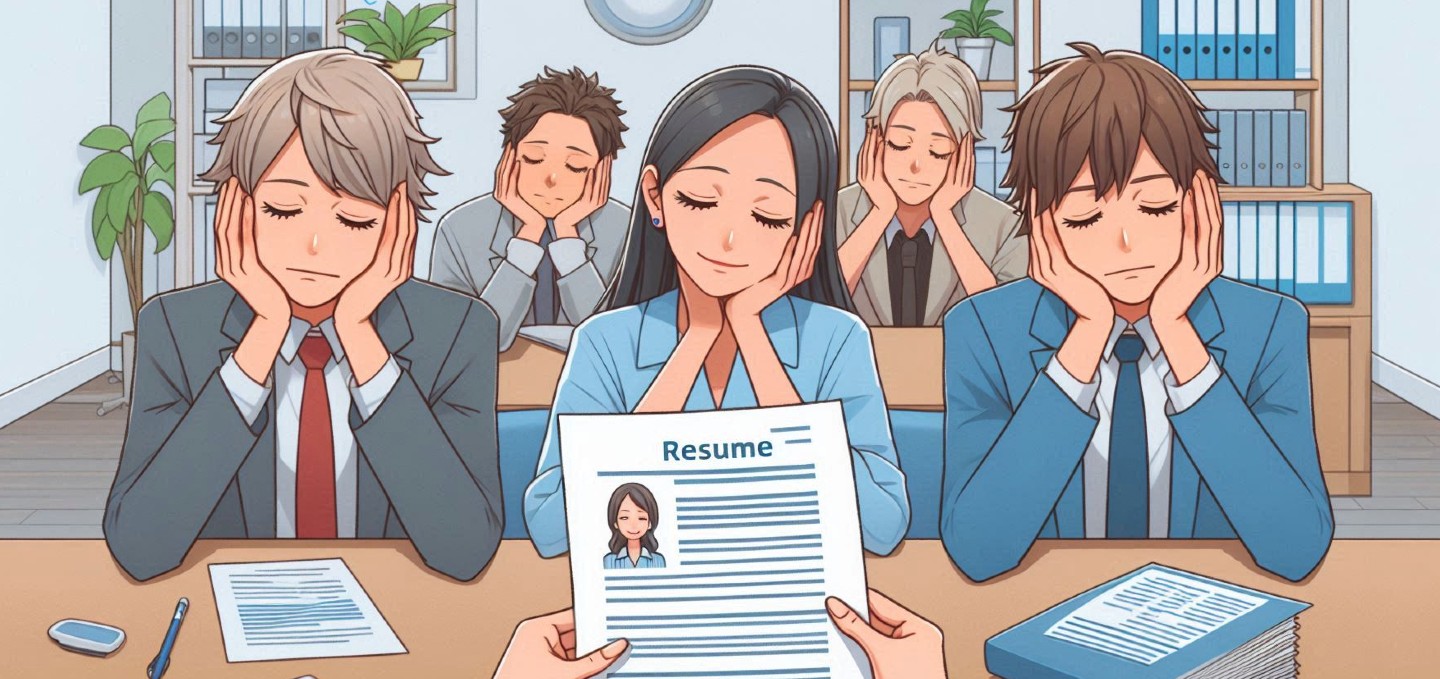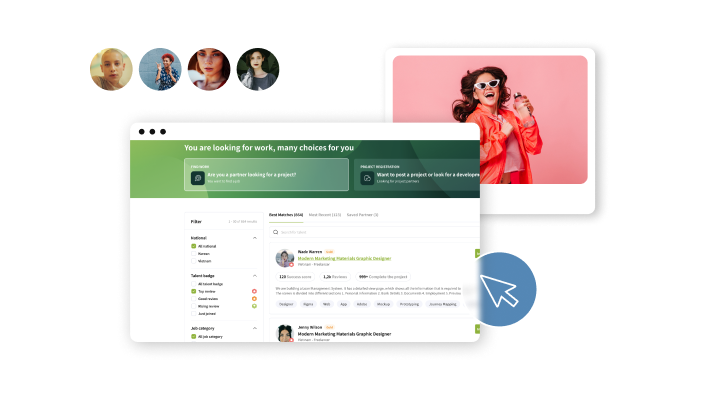What exactly is a freelancer?
Freelancers are like office workers, but they don’t follow fixed working hours or stay in one place. Successful freelancers are often very creative and love working from different locations to keep things fresh. Their monthly income can be quite impressive, too. At the beginning, things can be a bit tough—they need to learn how to manage their time, find the right jobs, and especially deal with demanding clients.
How to earn income from demanding clients?
Sometimes freelancers run into misunderstandings with clients—maybe they can’t agree on a payment method, there's a delay, or the toughest part: not getting paid fairly. But don’t worry, there are several ways to handle these situations, and here are a few tips you can check out:
1. Be polite in communication: When dealing with clients who are simply having a hard time understanding things, it’s best to stay humble and offer advice in a respectful way—that often helps move toward a solution. But if a client is being intentionally difficult or unreasonable, then it’s time to consider other options like legal action or terminating the contract.
2. Work with a lawyer: When things don’t go as planned, freelancers can consult a lawyer to find the best course of action. If the client is violating the terms of the contract, getting legal support becomes essential.
3. Maintain professionalism: When facing tough situations, freelancers need to stay calm, manage their emotions, and respond appropriately. Clients may put you in uncomfortable spots, but by keeping a professional attitude, you can assert yourself and earn a certain level of respect from them.
4. Set clear boundaries: Avoid handling situations for longer than necessary or letting things get too personal—it can blur the lines of a professional relationship. When you lose that sense of professionalism, clients often start to lose respect for you
5. Protect your mental health: For challenging tasks, freelancers need to maintain stable mental health. Taking breaks and working in moderation is essential. When communicating with clients who aren’t particularly friendly, having a warm heart and a cool head is incredibly important.
6. Record conversations and create detailed contracts: Recording conversations and having a clear contract for the project is crucial. If a client has any doubts or violates the contract, these recordings and documents can help protect the freelancer and avoid any disadvantage.
7.Terminate the contract (if necessary): If a situation becomes unresolvable or crosses a line, the freelancer has the right to terminate the contract, but must be careful not to violate the terms of the agreement. If you have breached the contract before, the client may have the right to take legal action when you decide to cancel the contract.
Conclusion:
As a professional freelancer, dealing with "bad clients" will happen frequently. However, with emotional intelligence (EQ) and work experience, even big problems can be turned into small ones. Additionally, maintaining a positive mindset and continuously learning new skills related to your work (both soft and hard skills) is crucial. Stay confident and wise when facing the toughest situations!













0 ຄວາມຄິດເຫັນ
ໂພສນີ້ບໍ່ທັນມີຄຳຄິດເຫັນເທື່ອ
ມາເປັນຄົນທີ່ຂຽນຄວາມຄິດເຫັນທຳອິດຂຽນຄຳຄິດເຫັນ